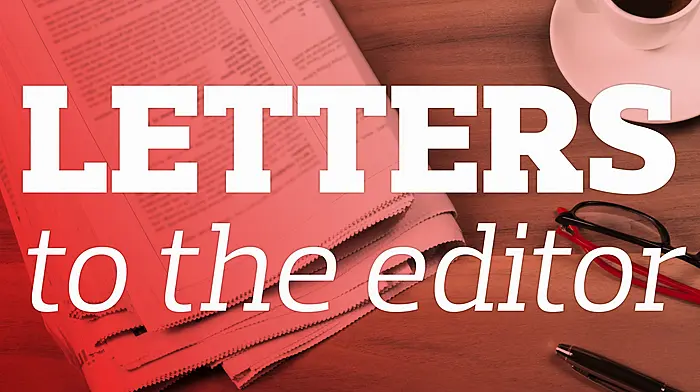FISHING remains a key element of the dangerous political posturing that is going on in the fraught trade negotiations between the European Union and the United Kingdom as they try to reach a deal that would avert a no-deal Brexit. For months, the sides have been stuck in an impasse over the fisheries issue as the past catches up with both sides.
As happened with the fishing industry in Ireland when it joined the European Economic Community back in 1973, the British equivalent was also sacrificed in a trade-off that saw more powerful vested interests – the agricultural sector in particular – make greater gains from membership. Even though vessels from continental European countries had historically fished British waters, the UK joining the EEC gave specific quotas to them and they certainly exploited them to the fullest – old enemy the French in particular – much to the annoyance and frustration of British fishermen.
Now, the British – not unreasonably from their point of view as an island nation – want their territorial waters to themselves again on leaving the EU and are using it as a very strong bargaining chip in the trade talks. They don’t see why they should have to share them with fishermen from other countries when the UK leaves the EU.
Ironically, however, more than three-quarters of the UK fish catch is exported to European countries mainly, while most of what is consumed there is imported! A further irony is that the fishing industry accounts for less than 0.5 % of the UK economy’s gross domestic product, so the scale of its importance in the greater scheme of things in these trade talks seems exaggerated.
That said, as is the case here in Ireland too, the fishing industry is an emotive issue as any threat to it has a huge knock-on effect on the coastal communities that depend on it for the bulk of people’s livelihoods. In the UK, there are about 12,000 directly employed in the industry, which is quite small in the context of the overall workforce.
However, Irish fish producers’ organisations are not empathising with them on this issue, because if British waters are closed to EU fishermen, they will all be heading further west to the waters off our shores. Seán O’Donoghue, speaking on behalf of all four Irish fish producers’ organisations, has said that the UK cannot expect to retain the privileges of membership while blocking its erstwhile European colleagues from its waters and doubling its catch.
He went further by declaring that ‘it would be rank hypocrisy for the UK to expect to slam the door and keep the gains it enjoyed while part of the EU.’ Mr O’Donoghue is adamant that the UK should no longer benefit from the additional fishing opportunities it was granted after joining the EEC in 1973, particularly when the total allowable caches and quotas were decided in the early eighties.
After the UK joined the European Union, it was compensated for potential losses of fishing opportunities in third country waters due to the extension of Exclusive Economic Zones in 1976 to 200 miles. The gains the UK made then were taken out of the shares of other member states, so Irish fish producers have urged the EU negotiators to clearly spell out to the UK that the starting point in any fisheries negotiations has to exclude any additional catches it obtained as part of the EU.
The French fishing fleet would be the one worst affected by its exclusion from British waters, so they are steering the EU’s tough line on the matter in the negotiations. French President Macron has an election coming up in 2022 so he cannot be seen to be giving into the British, while Boris Johnson promised British fishermen the sun, the moon and the stars prior to the 2016 Brexit referendum and not delivering would be harmful to him politically also, so it will be interesting to see who will blink first in this stand-off which is proving such a huge impediment to achieving a trade deal between the EU and the UK.
Certainly, from an Irish point of view, the prospect of EU fleets being banned from British waters in the event of a no-deal Brexit would have a hugely-detrimental effect on our already struggling fishing industry.










